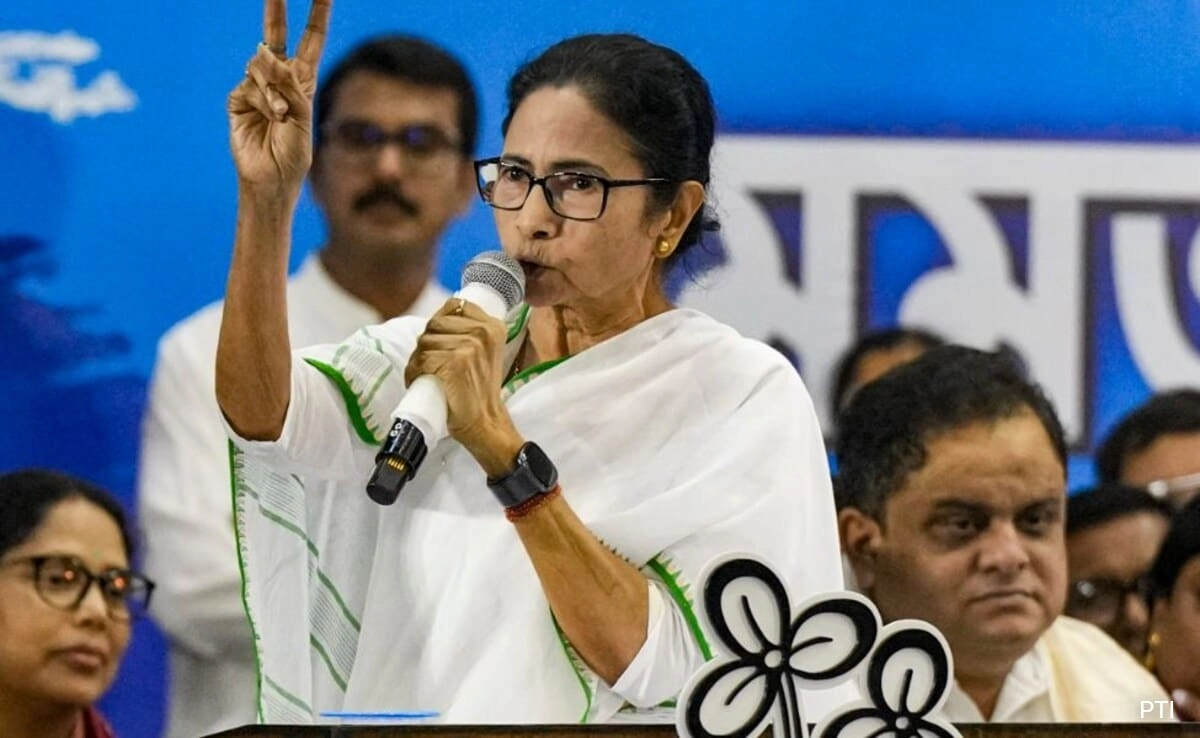Inheritance disputes among India’s wealthiest families have recently gained significant attention, with high-profile cases involving business magnates such as the Ambanis, Modis, Bajajs, and now the Kapurs. These family feuds are not merely personal conflicts; they reflect broader issues of corporate governance, succession planning, and the challenges of maintaining family unity in the face of immense wealth. The Ambani family, known for their domination of the Indian telecommunications and petrochemical sectors, has experienced its share of public disputes, particularly following the death of patriarch Dhirubhai Ambani. The split between his sons, Mukesh and Anil, led to a protracted legal battle that showcased how family dynamics can influence multi-billion-dollar corporations.
Similarly, the Modi family, associated with the renowned Modi Enterprises, has faced its own set of challenges in managing wealth and legacy. The complexities of inheritance are magnified in such high-stakes environments, where personal relationships intertwine with business interests, often leading to disputes that can escalate into public scandals. The Bajaj family, another prominent player in India’s business landscape, has also dealt with internal conflicts, particularly regarding leadership roles and the distribution of wealth among the next generation. These cases highlight the lack of clear succession plans and the difficulties that arise when multiple heirs vie for control over established empires.
The latest chapter in India’s inheritance wars involves the Kapur family, known for their contributions to the Indian film industry through iconic brands like Bombay Dyeing. As the next generation grapples with the legacy of their forebears, questions arise regarding how to balance familial loyalty with individual aspirations and the pressures of maintaining a legacy. These familial disputes often play out in the public eye, drawing media attention and sparking debates about the ethics of wealth distribution and the responsibilities of heirs to uphold family reputations.
Overall, these inheritance wars serve as a microcosm of larger societal issues within India, where wealth concentration often leads to conflicts. They illustrate the intricate relationship between family ties and business interests, and the potential for conflicts to disrupt not just personal relationships but also the broader economic landscape. As these high-profile feuds continue to unfold, they offer valuable lessons on the importance of effective communication, transparent succession planning, and the need for families to adapt to changing dynamics in both their personal and professional lives.




